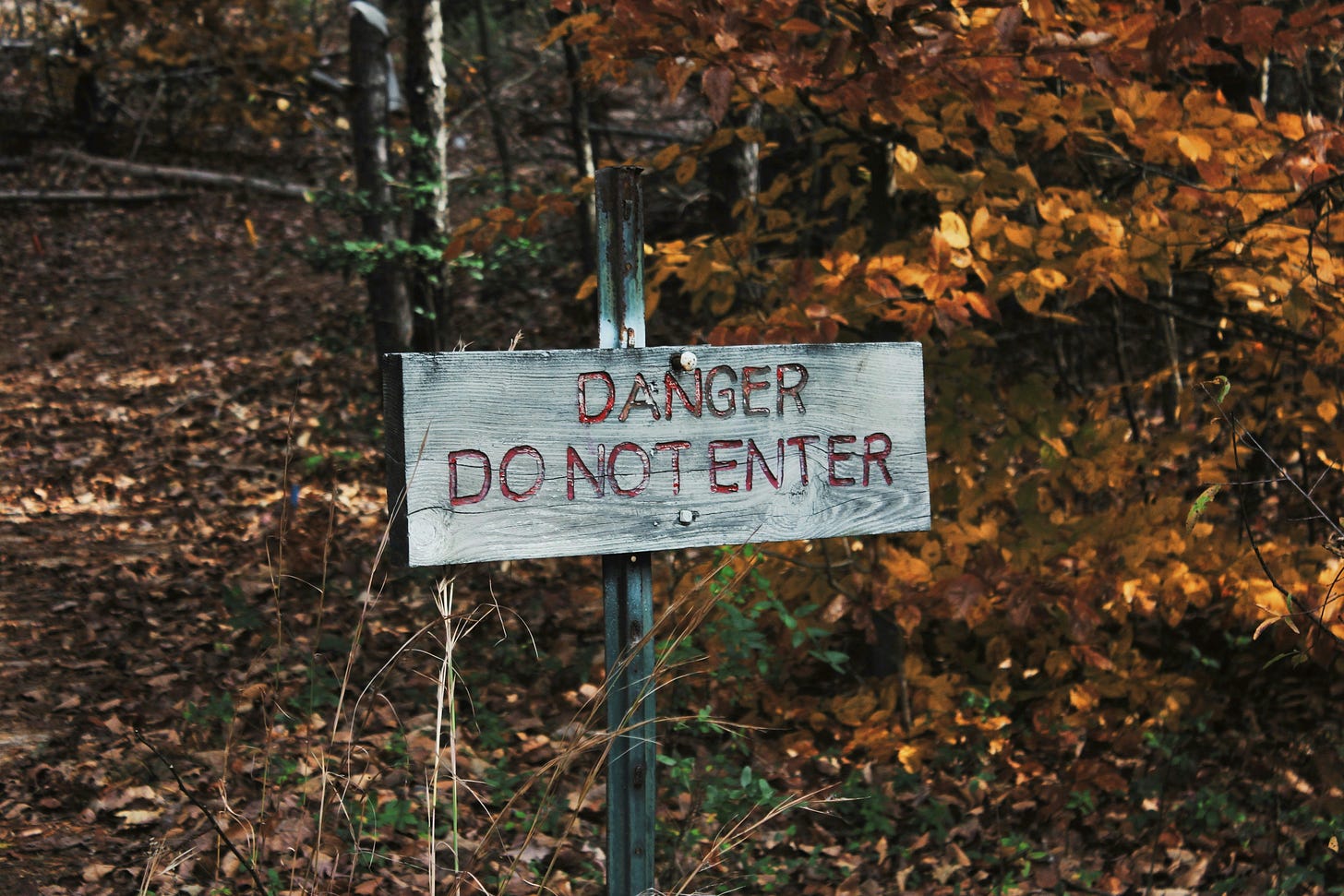This post is a chapter of the book It Ain’t Gonna Lick Itself: Housekeeping In Spite Of It All, by Hanne Blank Boyd.
Click here for the full table of contents.
In some ways, I think that the biggest disadvantage anyone can ever have in terms of learning how to figure out their baseline for keeping house is never having done it. How you want your household to be is something you learn through experimentation and experience. Without experience it can honestly be hard to know what your risk tolerance is, what your preferences are, what your comfort level is, and where your boundaries lie, let alone how to actually do any of the actual tasks involved in household labor.
As with any other skillset, though, these things can be learned. But there’s no need to panic, because believe it or not, you are already equipped with everything you need to develop these skills. Evolution, which is basically the cumulative result of the survival advantages of every single ancestor we ever had who lived long enough to reproduce, has seen to it that we are all equipped with a robust set of instinctive reactions that can help tell us what’s what with all of this household stuff.
I call these instinctive reactions The Big Ds. It’s basically impossible to get them wrong: instincts are by definition not intellectual and don’t depend on reasoning. If you’re having the reaction, you’re having the reaction. All you have to do is pay attention to what reaction you’re having.
In order of importance, The Big Ds are danger, disgust, dysfunction, discomfort, and dislike.
Danger: This is a survival-level reaction, if you want to map it onto the Maslow pyramid. if you feel like you’re in danger, there’s a pretty good chance that you are.
Keep reading with a 7-day free trial
Subscribe to Reasons Not to Quit to keep reading this post and get 7 days of free access to the full post archives.




